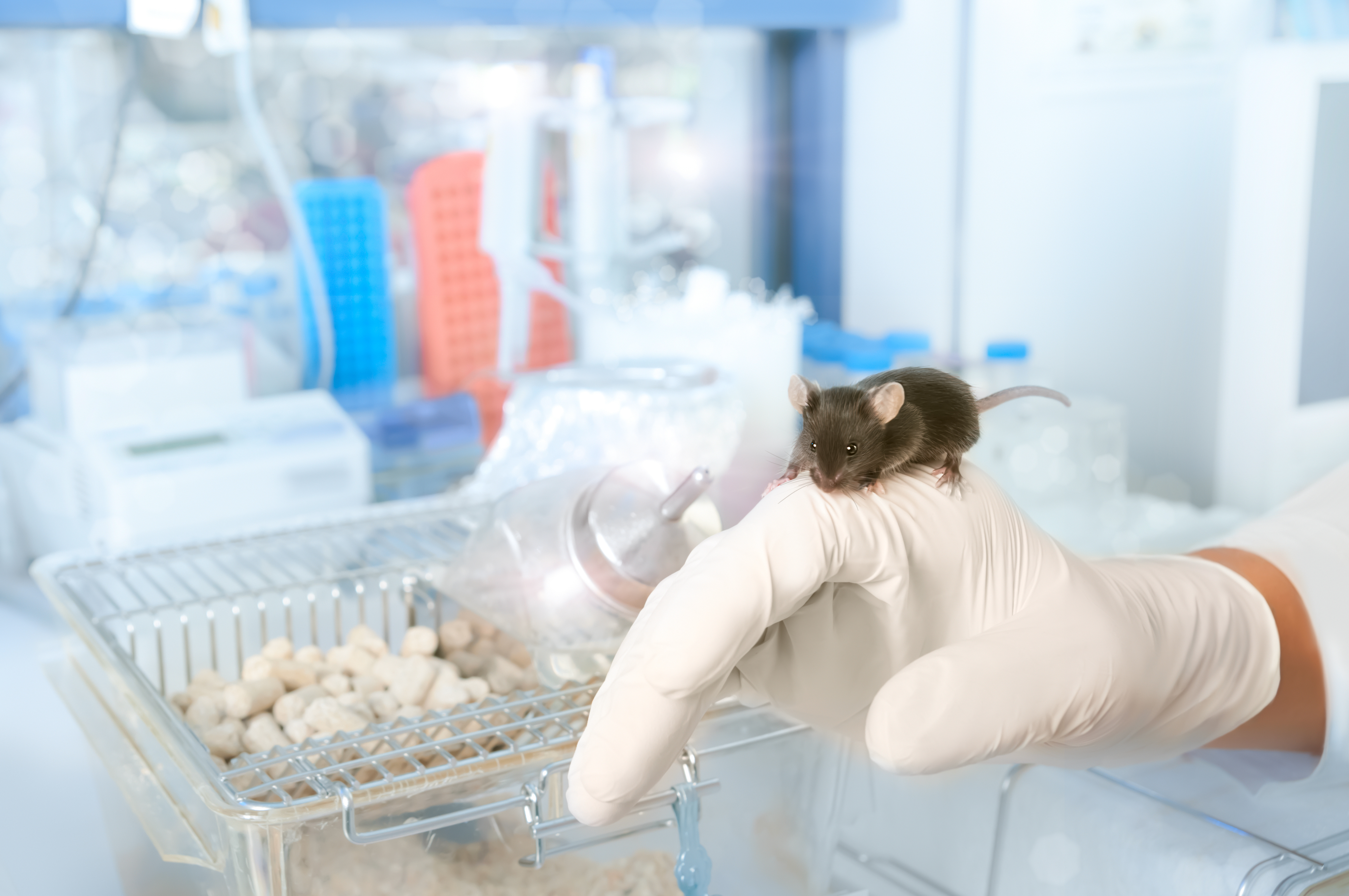Natural Compound Celastrol May Help Treat Obesity But its Side Effects Need More Investigation, Mouse Study Says

Celastrol, a natural compound used in traditional Chinese medicine, has shown potential for reducing food intake and body weight in genetic obesity due to melanocortin 4 receptor (MC4R) deficiency, but its side effects warrant more investigation, according to a mouse study.
Although the substance may bring hope to patients with this type of obesity, it was seen to cause a reduction in physical activity and a rise in blood pressure in mice — thus highlighting the need to carefully determine its safety before doing clinical tests in humans.
The study, “Celastrol reduces obesity in MC4R deficiency and stimulates sympathetic nerve activity affecting metabolic and cardiovascular functions,” was published in the journal Diabetes.
Celastrol, a compound found in the roots of Tripterygium wilfordii, a traditional Chinese herb, has been used for its anti-inflammatory and immune modulation effects.
The compound recently emerged as a promising candidate to treat obesity after it dramatically reduced weight in mice with diet-induced obesity. Notably, it restored sensitivity to leptin, a hormone that’s key to maintaining energy balance and normal body weight — and to which most obese people are resistant.
But so far, the underlying mechanisms behind the anti-obesity effects of celastrol remain unclear.
To shed light on this, a team of researchers at University of Iowa Carver College of Medicine, examined, at the molecular level, the anti-obesity effects of celastrol in different mouse models of obesity, including diet-induced obesity, leptin receptor (LEPR) deficiency, and MC4R deficiency.
By comparing the changes over time in body weight, with and without celastrol treatment, the researchers found that celastrol substantially reduced food intake and body weight, particularly in diet-induced and MC4R-deficient obese mice.
Modest but significant body weight reductions were also observed in non-obese controls and LEPR-deficient mice.
However, the researchers saw that the mice were getting lighter due to reductions in both fat mass and lean mass (which is all body weight after subtracting fat).
On the one hand, these observations proved that the activity of celastrol was not dependent on the MC4R pathway — as mice deficient for this receptor still responded to celastrol — but largely on LEPR, as previously reported.
On the other hand, the findings suggested that celastrol could also affect other tissues beyond fat. The observed reduction in lean mass, which includes skeletal muscle, could indicate the compound was also causing muscle wasting.
In fact, locomotor activity was significantly reduced in mice on celastrol, which supports the suspicion that the compound may result in unwanted effects for the muscle.
Unexpectedly, celastrol increased the production of some proinflammatory cytokines, which are small secreted proteins that mediate immune responses, but it did not affect genes involved in a type of cell stress called ER stress.
Scientists also noted an important observation: celastrol steadily increased arterial pressure and resting metabolic rate, or the rate at which the body burns energy when at rest. It did this by increasing the outflow of nerve signals belonging to a pathway called the sympathetic nervous system, which runs to the kidneys and to brown fat (a type of fat specialized in heat production when the body gets too cold).
“These findings indicate an MC4R-independent anti-obesity effect of celastrol and raise the possibility of potentially unexplored mechanisms of action of celastrol that are independent of ER stress or inflammatory processes,” the researchers wrote.
However, the data also highlights “the need for careful consideration of its development as a safe anti-obesity medication,” they added.
The side effects of increased blood pressure and possible muscle atrophy (wasting) “prompts caution for future development of celastrol as a safe anti-obesity medication” and warrants further investigation, they concluded.




